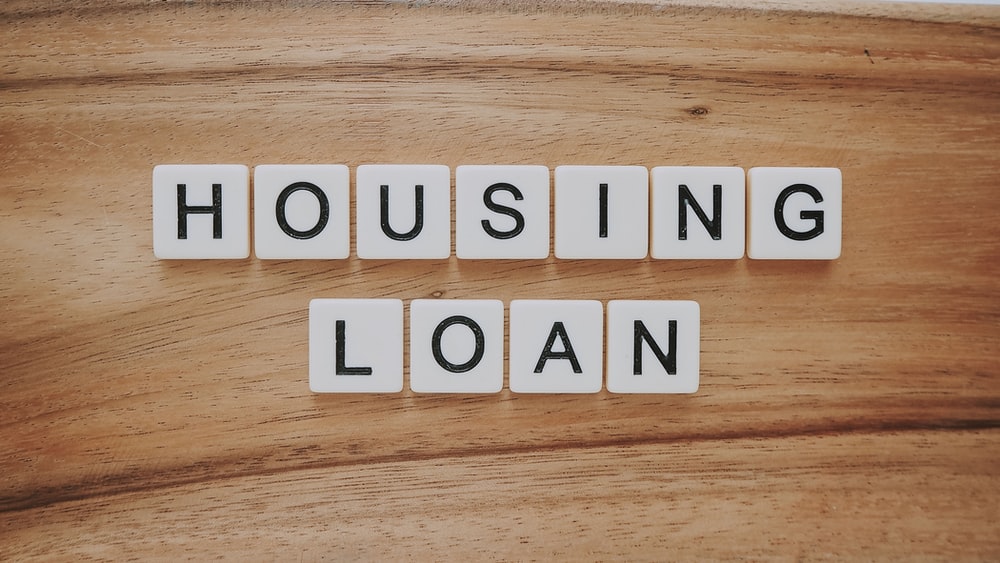Let me introduce this article with the definition of a Physics word: inertia. Inertia is a property of matter in which matter continues in the state at which it is at or moves uniformly unless an external force changes it. It means that the matter does nothing and remains unchanged unless something that is not within itself causes it to shift.
Both investment and mortgage are risks, which means that to select the best course of action, we need to analyze the concept with less inertia; that is, it is more likely to change than the other. When you receive mortgage financing for your home, you and the lender set the principal amount and the interest that will be charged. You know what you should pay; very little will change that.

However, when you embark on a new investment, you will likely receive gains. These profits could be channeled to other demands, such as paying off your mortgage. Investments could help reduce your mortgage, and paying off your mortgage installments in time could improve your creditworthiness and offer you more financial opportunities.
Consider this: What if your investment does not succeed and produces a loss? How will that be better than not paying your mortgage? This battle of risks is not just in black and white. It is more complicated than it seems.
Here are some factors to consider when making this decision:
Risk Tolerance
Your propensity to take risks matters considerably when deciding what is best for you. Paying off your mortgage is a safer alternative to investing because investments could result in losses. Most people prefer to remain in inertia rather than disrupt their normalcy. That feeling of predictability may cause most people to pay off their mortgage and not invest.
It all boils down to whether you are a conservative or aggressive investor. An aggressive approach may mean that you will most definitely invest any new money that comes your way. A conservative individual will most likely prioritize clearing their mortgage, even paying advance payments.
Be honest with yourself. Are you risk tolerant or intolerant? If unsure, assess your financial decisions over the years and determine the kind of individual you are regarding money.
Often, the decision to invest or clear a mortgage is purely emotional. Your goal could be to own your own home at a young age, or you may fancy having your money on the stock market. The choice is yours and is influenced by your attitude towards risk.
Time of Consideration
The decision-making period is an important aspect to consider. Are you confused about whether to pay your mortgage or invest at the beginning of your mortgage payments? Assuming you just bought a house a year ago whose mortgage runs for the next thirty years. The best action would be to continue paying off your mortgage rather than investing.
During the first years of a mortgage payment, the money goes to pay off the interest. The last years cater for the principal. Paying off the interest first helps in reducing the overall cost of debt. You end up paying less than if you default on payments during the first months or years.
If you have paid your mortgage for a long time and cleared the loan interest, you could open your choices to investing. Your money will have more room to grow, which can be used to repay your mortgage.
Or on the other hand, if you are close to completing your mortgage payments, it is also prudent to finish payments. Then you can invest.
Investing gets your money off the state of inertia it might have been in for a long time. It acts as the external force that spurs change.
Interest rate
If your mortgage’s interest rate is high, then the best thing would be first to pay that off. To avoid being overcharged, it is essential to do market research before undertaking a mortgage r receiving a loan. Speak to a financial expert to help you make the right decision about which mortgage option to choose.
Most mortgages offer low interests, 4.5% and lower. If this is the case for you, you could channel your income to investing. It all comes down to personal assessment. If you feel your goals are aligned with paying off your loans first, then so be it.
Higher benefits
From a purely economic standpoint, which option has better benefits? Consider the Mathematics behind paying off the interest earned on a mortgage loan or earning interest on an investment. Is saving more important than earning?
The stock market’s unpredictability makes it all the more difficult to decide. Getting financial advice from an expert could help narrow your decision.
Age
Individuals nearing retirement may be more conservative in their investment options than younger people. If you are in your 50s and above, you may consider paying off your mortgage loan first and becoming a homeowner soon.
The closer you are to retirement, the more intensive your mortgage payments should be. A young person may not find paying the mortgage as pressing as investing.
Similarly, the closer you are to achieving your goals, the more conservative you should become in your financial decisions. This means you may settle all your debts first before placing your money elsewhere as an investment.

Ultimately, from whichever financial perspective you choose, both options would work. Experts advise those who choose to invest not to go into it headlong but dip their feet first before testing the waters. Excitement to invest should not trump reason and logic. If investing is not the best decision at the moment, it is best first to hold off that thought and continue paying off your mortgage payments. Conversely, if paying your mortgage does not make financial sense compared to investing, then make that bold decision and hold off your mortgage payments.
Again, the ball is squarely on your court.

A Comprehensive Guide to Accessing Your IRS Account

What is Active Income and How Does It Differ from Passive Income?

Personal Loans vs. Credit Cards: An Overview

The Fed Is about to Reduce Bond, and Inflation Is Estimated to Reach 5% Next Year Again

Cryptocurrency: a Loophole in The Current Regulatory System

8 Best Ways to Invest $10K in 2024

Trust vs. LLC: What's the Difference?

How To Trade Volume Is Assessed And What It Means

What is Interest Rate Risk: An Overview

BMO Mortgage Review 2024

Securing Your Peace of Mind: An Erie Life Insurance Review
